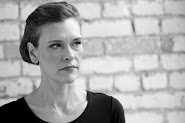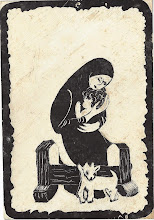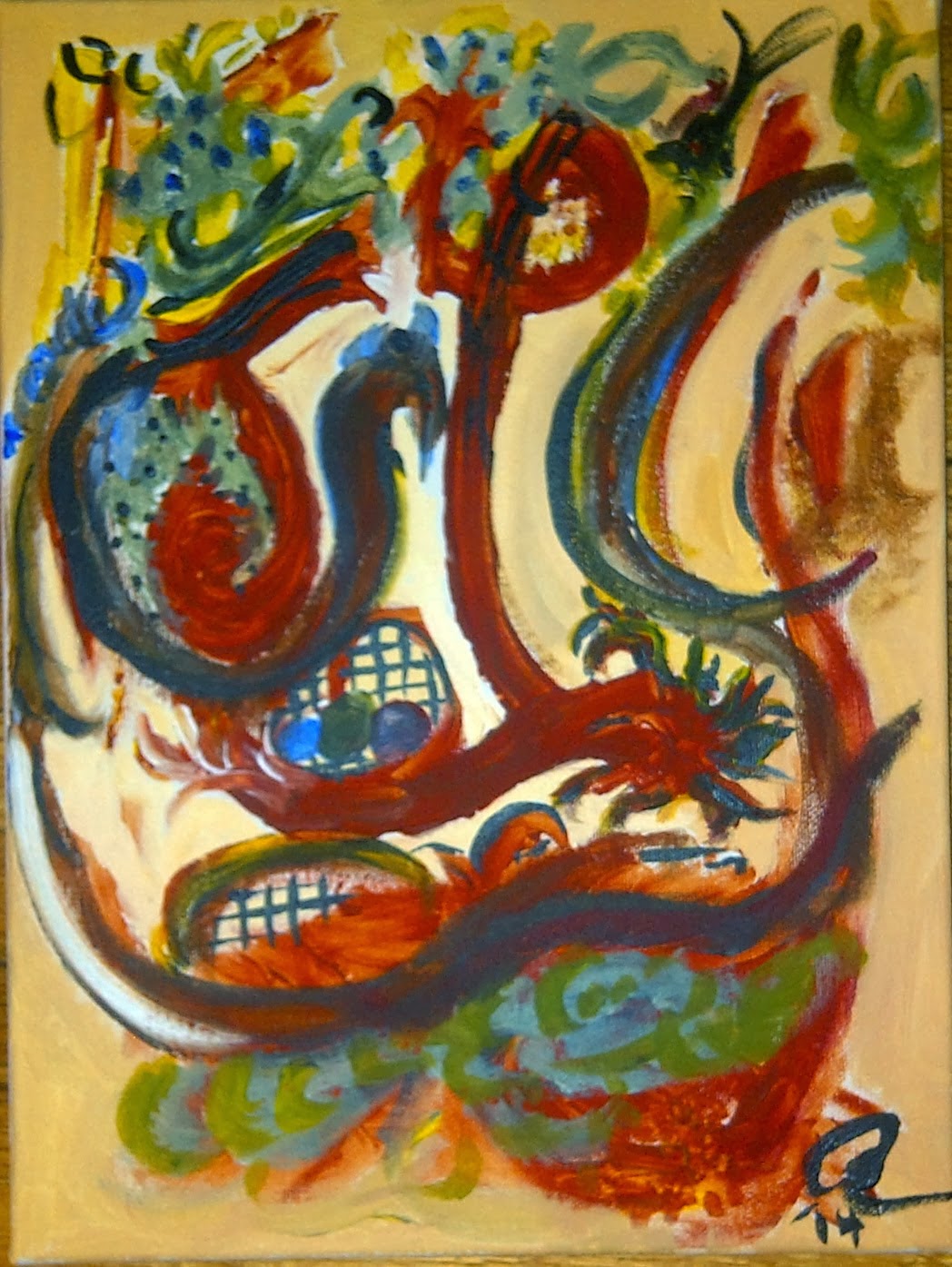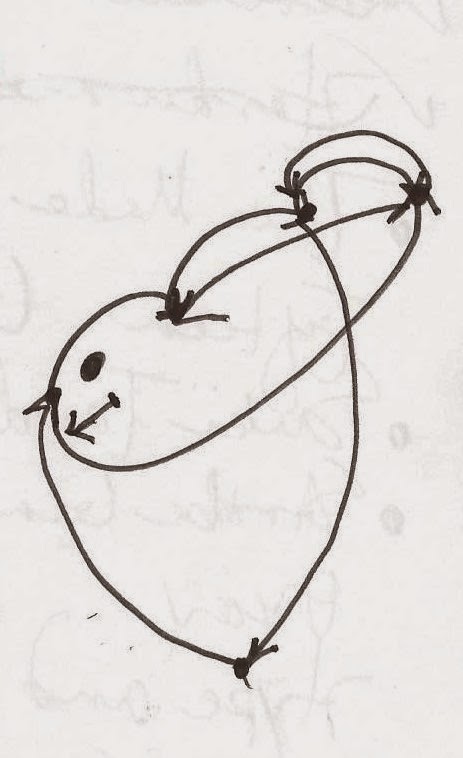

Copyright (c) 2006-2021 by Ann Margaret Bogle unless otherwise stated.


 Tony Kushner's The Intelligent Homosexual's Guide to Capitalism & Socialism with a Key to the Scriptures at the Guthrie Theater in Minneapolis on Thursday elaborated its title in a realist mode for three and a half hours. It is Arthur Miller's Death of a Salesman if half the family were gay. Yet it is more complex than Miller's play because its characters have compounded adjustment disorders. Kushner's saga of a fourth-generation Italian family in Brooklyn is a celebration not merely of family or of diversity (something it also is) but of reality. In reality, people have histories and complex layerings; in a family such as the Marcantonios, lives are as complex as veins of leaves that cling to the same small branch.
Tony Kushner's The Intelligent Homosexual's Guide to Capitalism & Socialism with a Key to the Scriptures at the Guthrie Theater in Minneapolis on Thursday elaborated its title in a realist mode for three and a half hours. It is Arthur Miller's Death of a Salesman if half the family were gay. Yet it is more complex than Miller's play because its characters have compounded adjustment disorders. Kushner's saga of a fourth-generation Italian family in Brooklyn is a celebration not merely of family or of diversity (something it also is) but of reality. In reality, people have histories and complex layerings; in a family such as the Marcantonios, lives are as complex as veins of leaves that cling to the same small branch. "Pick the pansies" was my sister's task as a child. I never heard that. I folded laundry and set the table and cleared the table and dusted. I vacuumed the middle of rooms and got A's in seven school subjects and worked at the shopping mall folding lingerie evenings. My sister got B's and didn't have a job until she went to college. On my birthday, when my mother gave me a pot of pansies for my doorstep, my sister said, "Pick your pansies." I said, "Pick them?" and my mother said, "They produce if you pick them, and they like water." It was strange information to me. Ever since, I water and feed and pick them each morning as if I were a child, a younger daughter, a daughter without other duties, though I have those, too. There are two bowlfuls of them in the house.
"Pick the pansies" was my sister's task as a child. I never heard that. I folded laundry and set the table and cleared the table and dusted. I vacuumed the middle of rooms and got A's in seven school subjects and worked at the shopping mall folding lingerie evenings. My sister got B's and didn't have a job until she went to college. On my birthday, when my mother gave me a pot of pansies for my doorstep, my sister said, "Pick your pansies." I said, "Pick them?" and my mother said, "They produce if you pick them, and they like water." It was strange information to me. Ever since, I water and feed and pick them each morning as if I were a child, a younger daughter, a daughter without other duties, though I have those, too. There are two bowlfuls of them in the house.Yesterday's Google lines: "white women friends," "white female friendship," "women writer friends," "literary friendship," and so on, lead to interracial dating websites and sites about Hawthorne and Milton.
The writing trigger for today is "Scrabble pieces in the driveway."
My trouble is in the group and not usually with doctors -- I was a distinguished student, so doctors are teachers to me. The Hippocratic Oath is a plaque on the wall and a practice. The group's trouble is with the status quo, the establishment, or in the case of AA, with higher powers other than God, with authority.
I realize that to say, "I do not believe in God" is footsteps away from "I do not rely on God" and "God left me."
---------------------------------------------------------------------------------
MEMORANDUM:
RE: �Go Gay (or Not) & Make a Mess of the Mess We're In�
[...] I'm writing prose drafts at Ana Verse for the month of May for Mental Health Month. Diagnosed people, who are sometimes (mis)represented by "advocates" and not organized and often isolated or closeted, are finding it difficult to "join up" with any other group: Even disability has its hierarchies, starting in the top half with physical disabilities. The "recovery" community of drug addicts and alcoholics rejects mental illness as false labeling if it applies to them and shuns people who take medication and so forth. The Mad Pride movement rejects conventional medical treatment for mental illnesses [based on mistreatment by that system] while the news media play "good doctor" in reports on the "bad doctors" of psychiatry and Big Pharma and the lay population goes about "de-diagnosing" friends (armed with news articles) and "diagnosing" others using the DSM-IV in a system where it is perceived that ---> outside dx = freedom and inside dx = captivity.
The best word I've found to apply to this state of affairs is "psychophobia," which literally means "abnormal fear of the mind." "Psychopharmophobia" may have its uses as well.
"Straight but not narrow."





